―
Water and Life
―
"Children in conflict zones are 20 times more likely to die from water-related diseases than from violence."
- UNICEF Ukraine Representative, Murat Sahin -
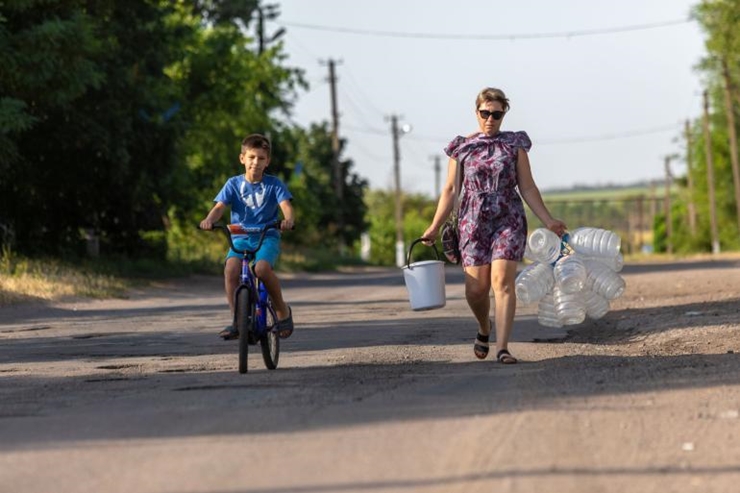
Ukrainian mother and son head to the local administration office in Pavlopil, eastern Ukraine, to find safe water. (Source: UNICEF)
On April 15, UNICEF announced that 1.4 million people in the eastern region had no access to water due to the war in Ukraine, already raging for 6 weeks. Across Ukraine, 4.6 million people are believed to be at risk of water outages.
Major cities in the east, including Donetsk and Luhansk, have already shut off water supplies, and if the reservoir in Horlivka city runs dry, 340,000 people will lose access to safe water. And Mariupol, the city in the direst straits, is said to suffer a total lack of drinking water.
A shortage of clean water puts lives at risk. It is particularly detrimental to the health of children and the elderly because poor water quality leads to diseases including cholera, diarrhea, skin infections and other deadly infectious diseases. WHO 2022 estimate is that 486,000 people will die each year from water-borne diseases.
―
Clean water is still scarce
―
● According to the 2021 UN Sustainable Development Report, 2 billion people do not have access to safely managed drinking water, including 771 million people (half living in sub-Saharan Africa) who do not have access to even basic drinking water.
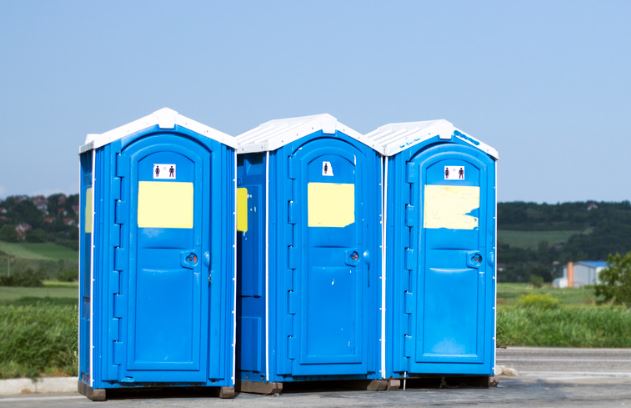
● 3.6 billion people also live in environments without sanitation facilities such as toilets. Of these, 494 million have no choice but to defecate out in open, public places.
Exposed stool can contaminate food, water, the environment and spread serious diseases such as cholera. The report points out that if the world is to eradicate open defecation by 2030, sanitation facilities will need to be built at four times the current rate.
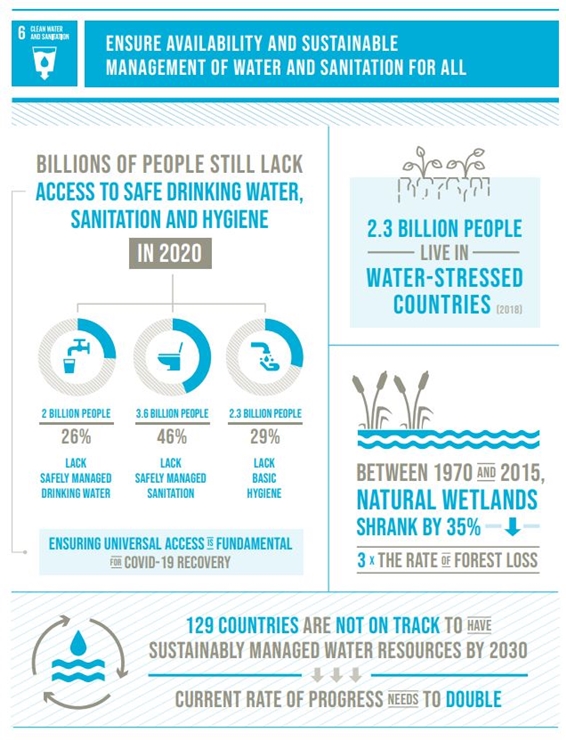
https://unstats.un.org/sdgs/report/2021
(View the UN Sustainable Development Report for 2021)
Why is there a shortage of clean water? According to the State of Climate Services: Water 2021 report by the U.N. World Meteorological Organization, only 0.5% of the water on Earth is available, potable fresh water. Due to global warming, the amount of water stored on the surface, underground, and glaciers has decreased by 1 cm every year over the past 20 years.
Also, the 2021 UN Sustainable Development Report records that a quarter of the world's 2,300 large lakes have high turbidity (water cloudiness), which can adversely affect human and ecosystem health.
About 21 million people, including 5 million children, live within a 5 km radius of a lake that is very murky and clouded.
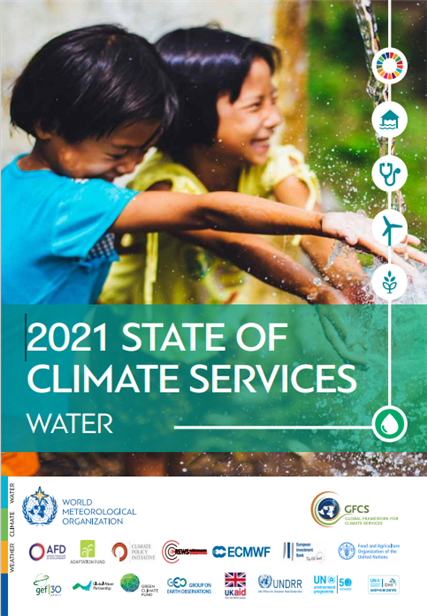
Download UN World Meteorological Organization (WMO) report "2021 Climate Services: Water"
https://library.wmo.int/doc_num.php?explnum_id=10826
―
Washing hands saves lives
―
Through the COVID-19 pandemic, people around the world have learned that washing hands is the most important and basic preventive measure to protect the lives of individuals and others.
Yet according to a UNICEF bulletin in 2021, 3 out of 10 people worldwide (about 230 million people) currently do not have basic facilities such as water and soap to wash their hands in each household. Worse yet, more than 6 out of 10 people in developing countries lack this basic handwashing.
Additionally, the report found that three out of five schools worldwide do not have water and soap to wash their hands, which means about 460 million out of 800 million students attend schools where handwashing is not possible. The situation in developing countries is even worse: 7 in 10 schools do not have spaces for students to wash their hands.
Particularly at medical institutions, hand washing facilities are critical. Recently, the World Health Organization (WHO) reported a study finding that improving hand hygiene in hospitals and other medical facilities can reduce medical costs by about $16.5 per dollar of improvement costs.
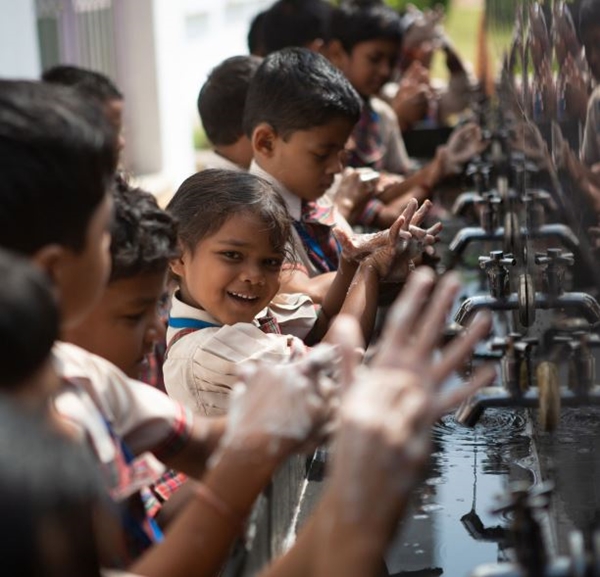
(Photo source: UNICEF)
UNICEF, together with WHO, has developed a "WASH" standard and strategy to support handwashing campaigns in over 90 nations alongside educational programs such as health, education, and nutrition.
UNICEF emphasizes that good hand washing can reduce respiratory diseases in many people, prevent diarrhea in more infants and young children, and prevent sepsis, where pregnant mothers and their newborns can be infected by various microorganisms.
▲WASH (Water, Sanitation and Hygiene): UN's campaign slogan to improve water, water purification facilities and personal hygiene.
https://www.unwater.org/water-facts/water-sanitation-and-hygiene/
(View detailed WASH data)
"Global Handwashing Partnership," a global campaign group to wash hands, states that diarrhea, the second leading cause of death for children under 5 years old, can be cut by half and acute respiratory infection by a quarter simply by washing your hands with soap. Adults can also prevent influenza, chicken pox, cholera, hepatitis A, norovirus, and typhoid by washing their hands.
So how should I wash my hands? Major organizations such as UNICEF and the US Centers for Disease Control and Prevention (CDC) recommend washing your hands for 20 seconds. Even though it only takes about 20 seconds to scrub all surfaces, including the palms, backs of the hands, between the fingers, and under the nails, WHO recommends 40 to 60 seconds, from wetting your hands to drying them completely.
―
Post-COVID
Joint water management with
neighboring countries becomes more importan
―
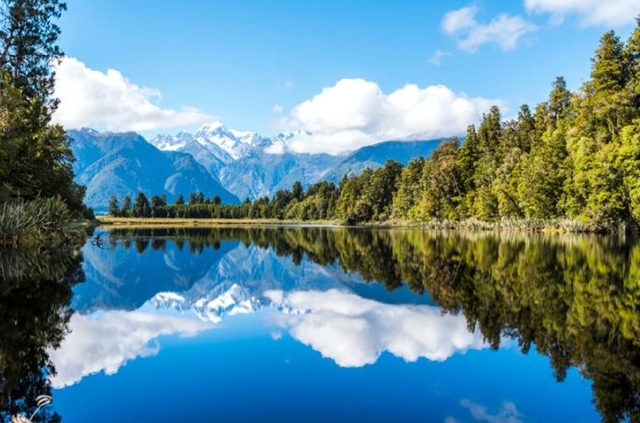
Corona 19 creates new mutations and constantly threatens the lives of the global village.
New variants of COVID-19 continue to threat human lives, and the spread of the virus is closely related to hygiene management. For this reason, the United Nations points out that, for humanity to better recover from the COVID-19 crisis, we must accelerate international efforts to make clean water and sanitation more accessible for all.
For this, it is particularly important to jointly manage water in border areas based on hydrological boundaries, rather than administrative boundaries. The U.N. is calling for more efforts from each country to complete operational agreements for all border waters around the world by 2030.
*Hydrology: The study of the flow and characteristics of water, including rivers, lakes, and groundwater
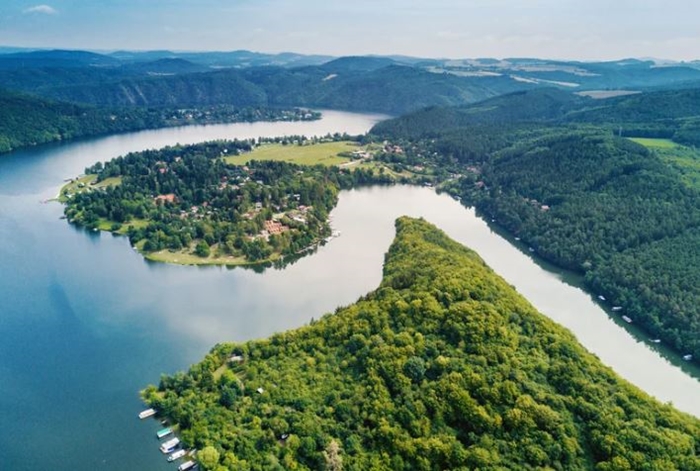
153 countries worldwide share rivers, lakes, and aquifers (underground strata flowing with water). As of 2020, 128 out of 153 countries sharing border waters have submitted reports on the status of agreements related to water cooperation to the United Nations.
Saving humanity from yet unknown pandemics will require a global effort to provide clean and safe water for all, across national borders.
Written by Sharon Choi
Director of Planning
Sunhak Peace Prize Secretariat

